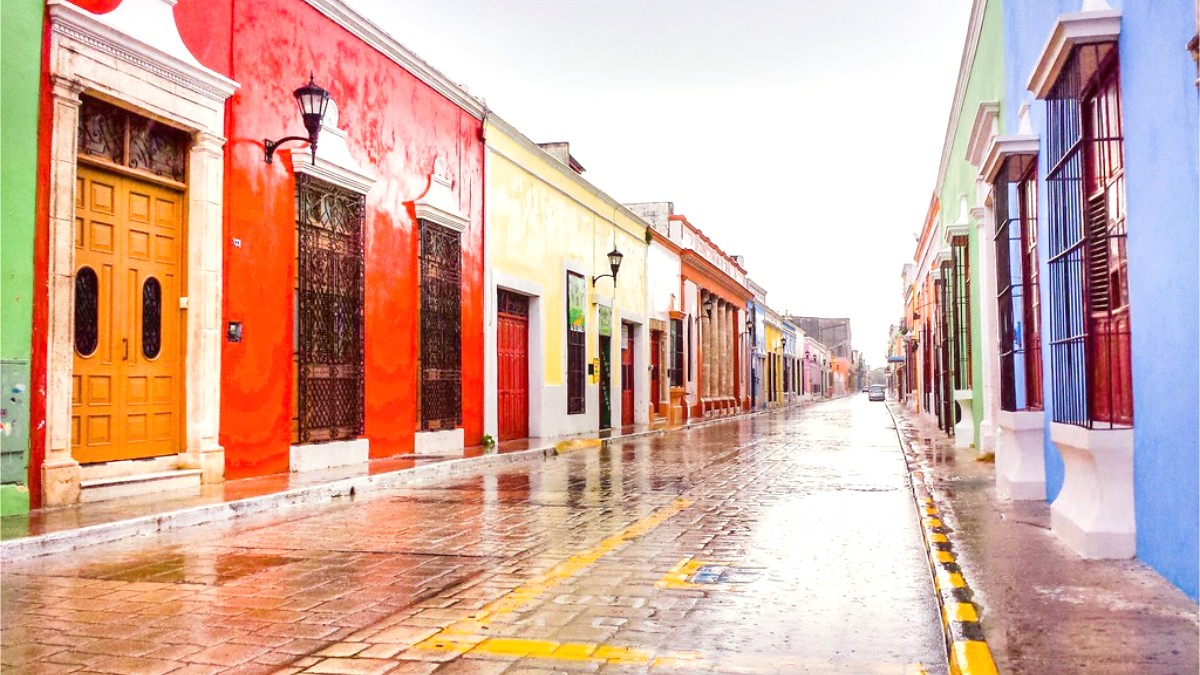
Yucatan Peninsula, Mexico
Many international visitors find the process straightforward. Citizens of numerous countries do not need a visa for tourist visits to Mexico lasting up to 180 days. This includes travelers from the United States, Canada, the United Kingdom, European Union member states, Australia, and New Zealand. Instead of a visa, these travelers receive entry with a Forma Migratoria Múltiple (FMM) card. The FMM acts as a tourist permit and airlines typically distribute it on international flights, or immigration officials provide it at land border crossings.
If your nationality is not among those visa-exempt, a Mexican tourist visa must be obtained in advance at a Mexican embassy or consulate in your home country. The application generally involves submitting a form, passport, photos, financial proof, onward or return travel proof, and possibly an interview. Check the official website of the Mexican Ministry of Foreign Affairs (SRE) or your nearest Mexican embassy/consulate for current and specific requirements for your nationality.
For air travelers, the FMM fee is typically part of your airline ticket price, often marked as a "tourism tax." If you enter Mexico by land, you may pay the FMM fee separately at the border; keep the receipt with your FMM card.
Upon arrival at the airport or land border, proceed to immigration. Present your passport and FMM card. The immigration officer will review documents, ask about your visit's purpose and length, and then stamp your FMM card. Keep the stamped portion. The procedure is generally quick. No special permits are generally necessary for standard tourist activities or areas within Campeche, including the Historic City or archaeological sites. Entry fees apply for specific sites (like Edzná or Calakmul) and natural reserves (like Los Petenes).
Retain your FMM card part.
Received upon entry, stamped by immigration.
Must surrender upon departure; losing it may cause delays and a fine.
Six-month rule applies.
Your passport must remain valid for at least six months beyond your intended departure date.
Entry denial if validity is less than six months.
No current health entry mandates.
Mexico currently does not mandate specific health-related entry requirements.
Consult a doctor for recommended vaccinations for tropical destinations.
The official currency of Mexico is the Mexican Peso (MXN), symbolized as $. Avoid confusion with the US dollar, which also uses the $ symbol; prices typically use MXN unless stated otherwise. ATMs are widely available in Campeche, notably at banks and supermarkets. Using ATMs associated with reputable banks is generally a secure way to withdraw pesos. Check with your bank about foreign transaction fees before travel. Major credit cards (Visa, Mastercard) are accepted at most hotels, larger restaurants, and supermarkets. American Express acceptance may be more limited. Always notify your bank of your travel dates to avoid card issues. A moderate amount of cash is advisable, as many smaller vendors, street food stalls, and local "comedores" prefer or only take cash. Small denominations are notably useful for these purchases. Currency exchange houses exist but often offer less favorable rates than ATMs. Airport exchanges generally provide poor rates.
Tipping (propina) is customary in Mexico and represents a portion of income for many service workers. For restaurants, a 10-15% tip is standard for good service; consider more for exceptional service. Cash tips go directly to staff. For taxis, tipping is not typically expected unless there is exceptional service. Bellhops and housekeeping may receive MXN 20-50 per bag or per night, respectively. Tour guides might receive MXN 50-100 per person for a half or full-day tour. Gas station attendants may receive MXN 5-10 for services. Baggers at supermarkets rely on MXN 5-10 tips.
Eat at local "comedores" or street food for authentic and cheaper meals. Look for "comida corrida" for fixed-price menus.
City buses offer very inexpensive transport outside the Historic Center. The center is compact and walkable.
The waterfront promenade is free. Bicycle rentals for a scenic ride are affordable.
Purchase large jugs of purified water and refill your reusable bottle to lower costs and plastic waste.
Accommodation and flight prices drop significantly outside the high season.
Mexico is generally a safe place for visitors, and Campeche is one of its safest states.
No specific vaccinations are mandatory for entry to Mexico for most travelers. However, consultation with a doctor or travel health professional 4-6 weeks before your trip is advisable for personalized recommendations.
Traveler's diarrhea, mosquito-borne illnesses, heat-related issues, and sunburn are common. Proactive measures can prevent discomfort.
Maintain a record of important contact numbers.